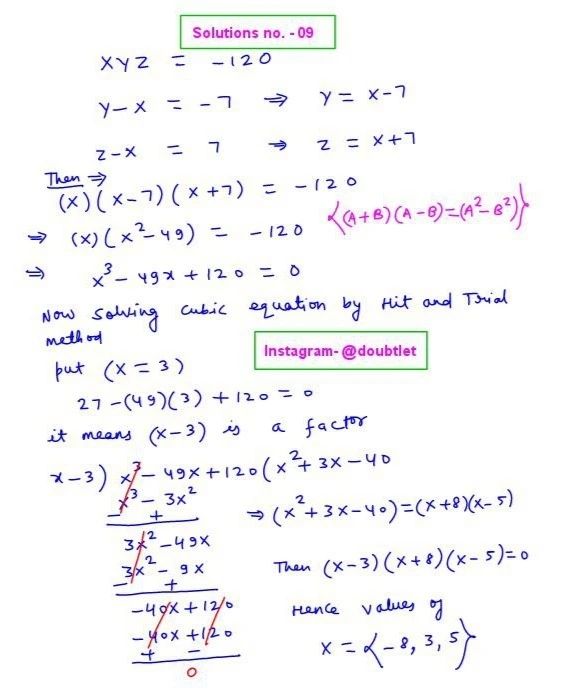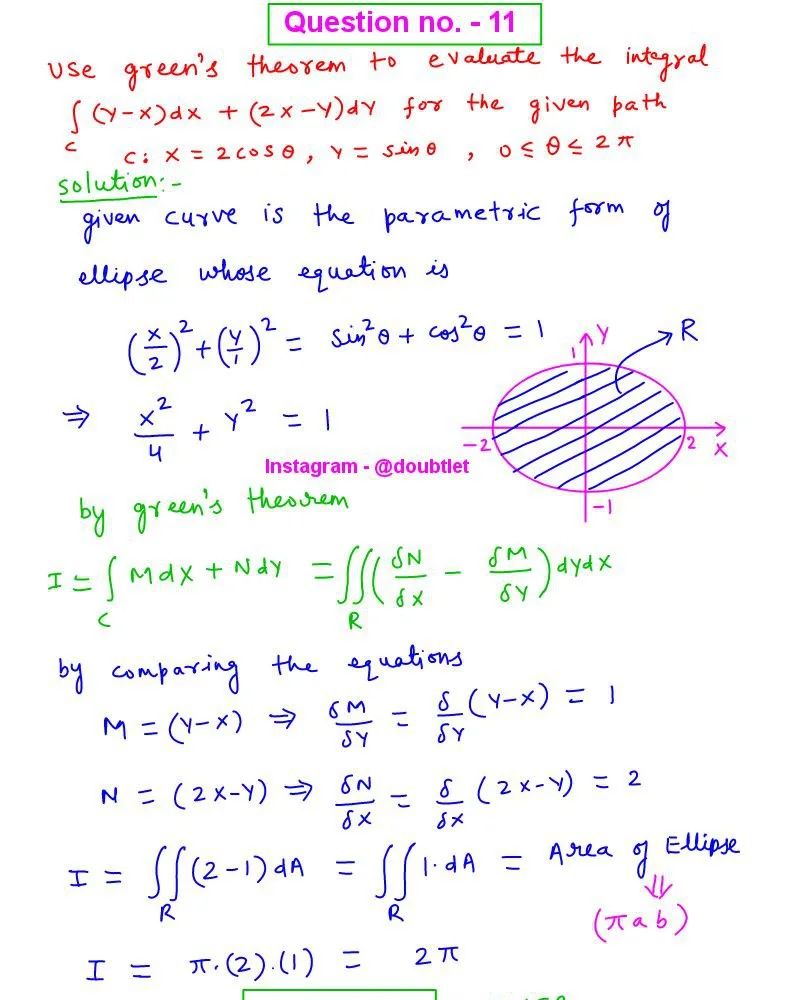









Riemann Sum Calculator for a Table
This calculator will help you to approximate the definite integral using the Riemann sum for the given table of values within the range of upper and lower limits.Related Calculator:Riemann Sum Calculator for a function
f(x) : |

Neetesh Kumar | August 27, 2024
Share this Page on:
![]()
![]()
![]()
![]()
![]()
- 1. Introduction to the Riemann Sum Calculator for a Table
- 2. What is the Formulae used
- 3. How do I find the Riemann Sum for a Table
- 4. Why choose our Riemann Sum Calculator for a Table?
- 5. A Video for explaining this concept
- 6. How to use this calculator?
- 7. Solved Examples on Riemann Sum Calculator for a Table
- 8. Frequently Asked Questions (FAQs)
- 9. What are the real-life applications?
- 10. Conclusion
1. Introduction to the Riemann Sum Calculator for a Table
If you're dealing with complex integration problems, particularly when working with data in table format, a Riemann Sum Calculator for a Table can be a game-changer. This blog will walk you through how this tool can simplify your calculations, making life easier for students, educators, and professionals.
Before diving deep, let’s answer a simple question—what is a Riemann Sum? In essence, a Riemann Sum is a method for approximating the total area under a curve. It’s used in calculus to calculate definite integrals, particularly when a function is difficult to integrate analytically. But what happens when your data is in tabular form, and you need to compute the sum quickly? That’s where the Riemann Sum Calculator for a Table comes into play.
This tool helps you input data from a table and calculate the Riemann Sum with just a few clicks. Whether you're a student learning about Riemann sums or a professional needing a quick solution, this calculator is perfect.
2. What is the Formulae used?
The Riemann Sum Calculator for a Table utilizes the standard formula to approximate the integral of a function. The sum is calculated as:
Where
Where
3. How do I evaluate the Riemann Sum for a Table?
To find the Riemann Sum for a table, follow these simple steps:
- Input the data: You’ll need values for the independent variable x and the corresponding function values f(x).
- Choose the type of Riemann Sum: Depending on the problem, select either the Left Riemann Sum, Right Riemann Sum, or Midpoint Riemann Sum.
- Calculate: The calculator will quickly compute the sum for you, giving you the total area approximation under the curve.
4. Why choose our Riemann Sum Calculator for a Table?
Our calculator page provides a user-friendly interface that makes it accessible to both students and professionals. You can quickly input your square matrix and obtain the matrix of minors within a fraction of a second.
Our calculator saves you valuable time and effort. You no longer need to manually calculate each cofactor, making complex matrix operations more efficient.
Our calculator ensures accurate results by performing calculations based on established mathematical formulas and algorithms. It eliminates the possibility of human error associated with manual calculations.
Our calculator can handle all input values like integers, fractions, or any real number.
Alongside this calculator, our website offers additional calculators related to Pre-algebra, Algebra, Precalculus, Calculus, Coordinate geometry, Linear algebra, Chemistry, Physics, and various algebraic operations. These calculators can further enhance your understanding and proficiency.
5. A video based on the concept of how to Evaluate the Riemann Sum Calculator for a Table.
6. How to use this calculator
Using our Riemann Sum Calculator for a Table is as easy as 1-2-3. Here’s how:
Enter the x-values: These are the table's independent variable data points.
Enter the corresponding function values: Input the values of f(x), which are the dependent variable data points.
Select the type of Riemann Sum: Choose whether you want to calculate the Left, Right, or Midpoint Riemann sum.
Click Calculate: Get your result instantly!
7. Solved Examples
Given the table of values:
x: 1 2 3 4
f(x): 2 4 6 8
Find the Left Riemann Sum for the interval [1,4] with a step size of .
= 1
Using the Left Riemann Sum formula: = (2.1) + (4.1) + (6.1) = 12
8. Frequently Asked Questions (FAQs)
Can I use this calculator for all types of Riemann sums?
Yes! Our calculator supports Left, Right, and Midpoint Riemann sums.
Is this calculator free to use?
Absolutely. Our Riemann Sum Calculator is available for anyone to use at no cost.
Can I input fractional data?
Yes, the calculator handles all types of numerical inputs, including fractions and decimals.
Can Riemann sums be used for functions of two variables?
Yes, Riemann sums can be extended to functions of two variables by dividing the region into smaller rectangles and summing their volumes.
What are some real-life applications of Riemann sums?
Riemann sums are used in physics to calculate work and fluid flow, in engineering for stress analysis, and economics for modeling revenue and profit functions.
9. What are the real-life applications?
Riemann sums are more than just a theoretical concept in calculus; they have real-world applications. Some examples include:
Physics: Riemann sums are used to approximate work, energy, and force over varying intervals.
Economics: In calculating cost functions and revenue functions.
Engineering: Used in signal processing and system analysis.
Environmental Science: Riemann sums help estimate the area under data plots for environmental readings.
10. Conclusion
The Riemann Sum Calculator for a Table is a powerful tool that simplifies complex integral calculations. Whether dealing with left, right, or midpoint Riemann sums, this calculator is built to handle data efficiently and accurately. With real-world applications spanning multiple fields, mastering Riemann sums is essential for students and professionals alike.
So why wait? Start using our Riemann Sum Calculator today, and make those tedious calculations a breeze!
If you have any suggestions regarding the improvement of the content of this page, please write to me at My Official Email Address: doubt@doubtlet.com
Are you Stuck on homework, assignments, projects, quizzes, labs, midterms, or exams?
To get connected to our tutors in real time. Sign up and get registered with us.
Riemann Sum Calculator for a Function
Midpoint Rule Calculator for a Function
Evaluate function value at a point
Average rate of change
Operation on Matrices
Coordinates Conversion
Operation on Complex Numbers
Comments(0)













Leave a comment